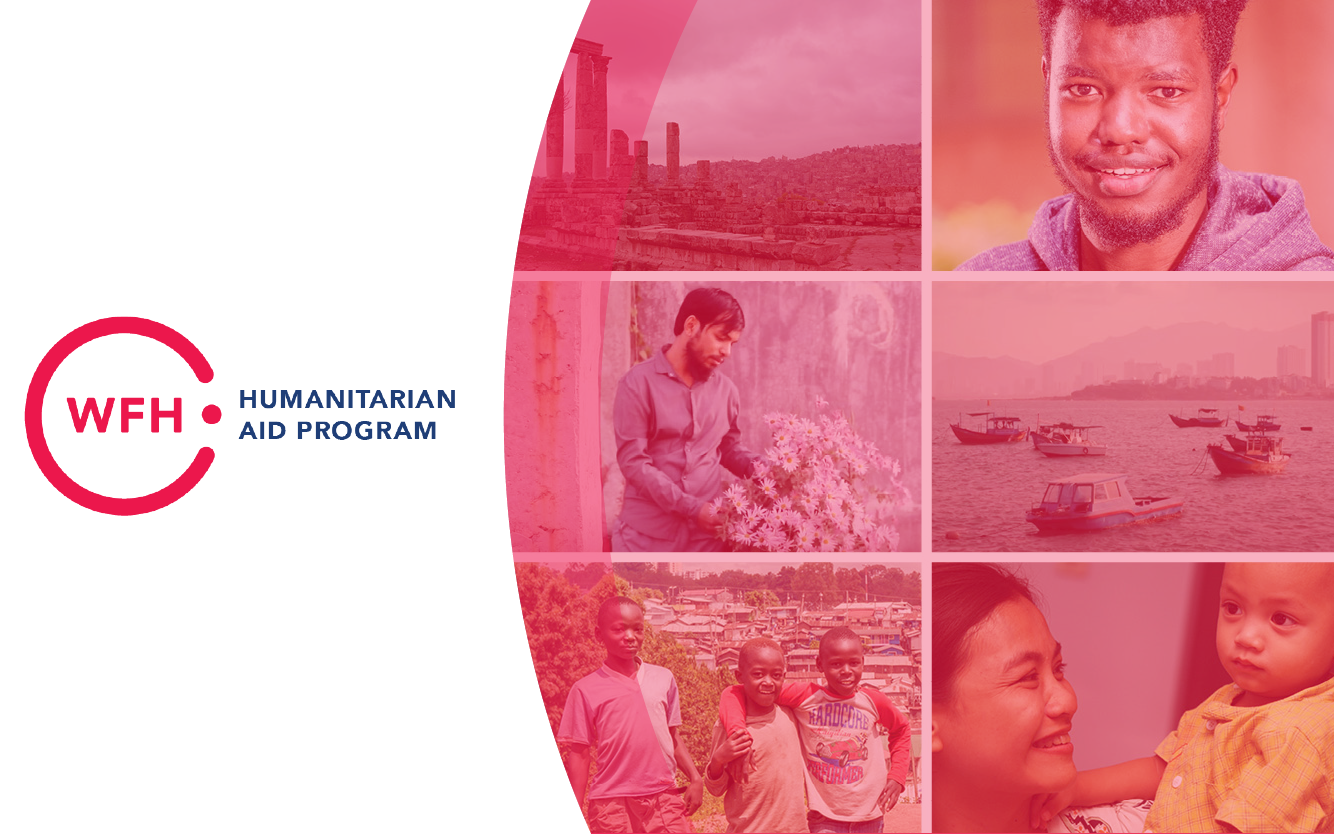Mohammad is 42 years old and has hemophilia A. Growing up in Guyana at a time when knowledge of hemophilia was limited—as was medical support—was difficult. His mother put him up for adoption because she thought his spontaneous bruising was a sign of witchcraft. Frequent bleeds as a child led to extended hospital stays, and permanently reduced flexibility in his joints. As an adult, he missed work because of bleeds which impacted his career, and eventually, the challenges of living with hemophilia proved to be too much for his marriage.
Living with hemophilia is immensely difficult no matter where you live, but the additional challenges that Mohammad faced—stemming from lack of awareness in the greater community, and lack of proper care facilities in the medical community—are all factors the WFH Humanitarian Aid Program is striving to change. The Program is working with the Guyana Hemophilia Society (GHS) and healthcare professionals to increase education and provide local HTCs with predictable and sustainable treatment. When doctors contacted the WFH for Mohammad, he was put on prophylactic factor replacement therapy and his life was literally transformed. He no longer fears bleeds that could require going to a hospital—often for days because of a lack of blood. Not only does he receive regular factor treatments to control bleeds, but the treatment has allowed him to undergo surgery. He was the first person in Guyana with hemophilia to receive surgery to treat chronic hematuria caused by a bilateral hernia and a hydrocele. The surgery was a success, with minimal bleeding, and no blood transfusion required during or after surgery. Mohammad now lives a more normal life, and his success story is an example of how the WFH Humanitarian Aid Program successfully works to provide predictable and sustainable treatment for those who need it most.
Over 2.8 million IUs of factor have been donated to Guyana through the WFH Humanitarian Aid Program since 2015. To find out more about the Program, please click here.
About the WFH Humanitarian Aid Program
The WFH Humanitarian Aid Program improves the lack of access to care and treatment by providing much-needed support for people with inherited bleeding disorders in developing countries. By providing patients with a more predictable and sustainable flow of humanitarian aid donations, the WFH Humanitarian Aid Program makes it possible for patients to receive consistent and reliable access to treatment and care. None of this would be possible without the generous support of Sanofi and Sobi, our Founding Visionary Contributors; Bayer, CSL Behring and Roche, our Visionary Contributors; Grifols, our Leadership Contributor; and Takeda, our Contributor. To learn more about the WFH Humanitarian Aid Program, visit www.treatmentforall.org













